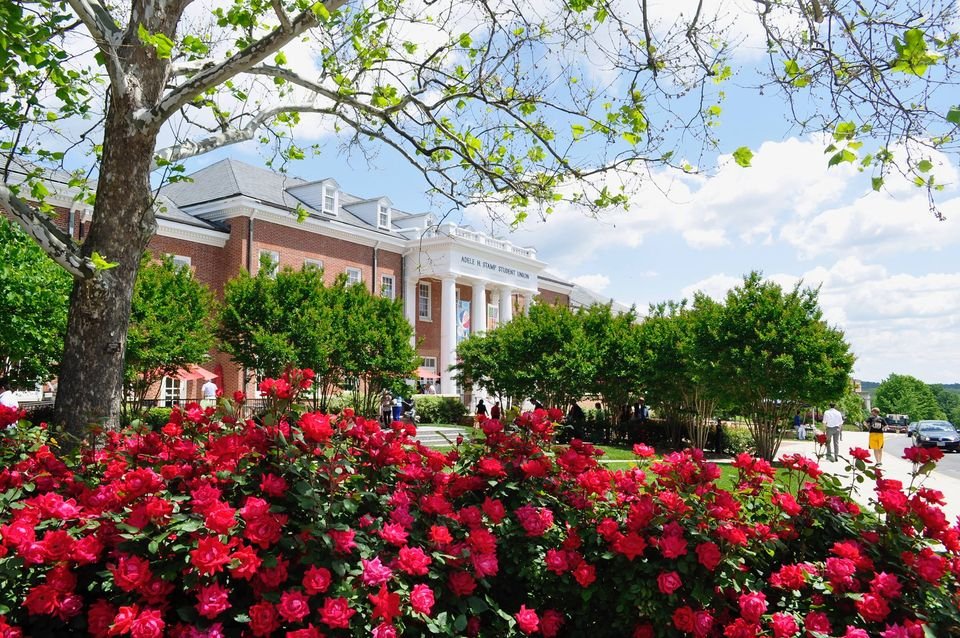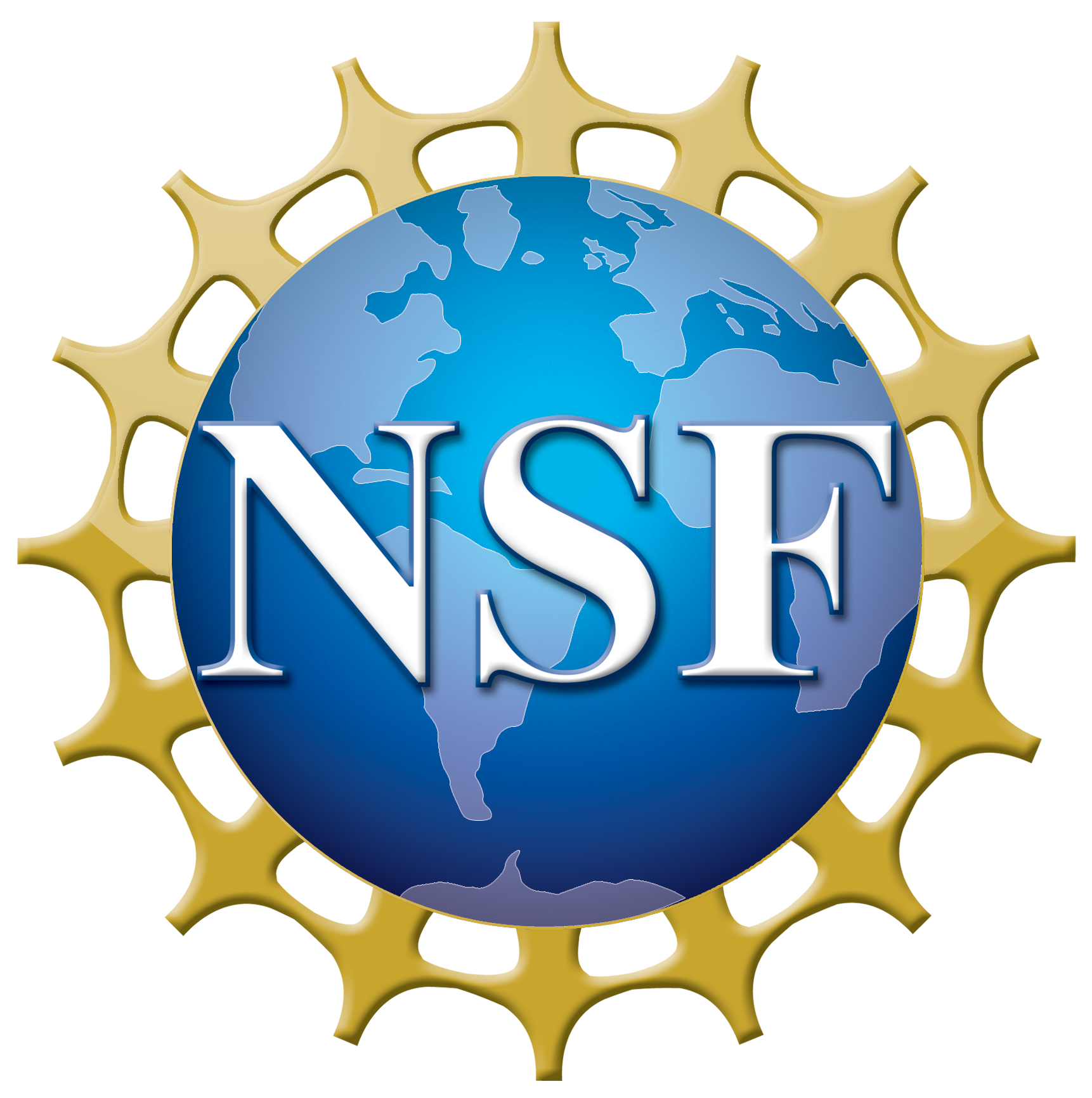Summit Overview

Don't miss the meeting of the year for everyone involved in natural hazards engineering research, policymaking, and engineering design.
Join us May 14-15 at the historic Adele H. Stamp Student Union on the University of Maryland campus in College Park, MD, as we enhance research to impact by building partnerships to strengthen community resilience and take a deep dive into the research needs and priorities for our profession and the communities we serve.
Add your voice in the Summit's visioning sessions, topic-based tracks where attendees provide input and ideas toward the future direction of natural hazards engineering research.
More highlights include:
- Updates on the NHERI Science Plan, decadal visioning, and other news
- Expert panel by leaders in federal, state, and local government, industry, NGOs, and academia.
- Ted-style lightning talks covering simulation, data discovery and sharing, the social dimension in natural hazards research, tech transfer, early career opportunities, and more.
- Early-career opportunities, with networking events and meetings with program directors.
- Sessions on advances in disaster reconnaissance, data publication, simulations and NHERI facilities.
- Poster session and networking opportunities on wind, earthquake, tsunami and storm surge engineering, data and simulation, and social dimensions in disasters.
Highlights from Natural Hazards Research Summit 2022
Contact Us
We would like to hear from you. Please contact us with Summit questions or comments at ramirez@purdue.edu.
Organizing Committee
Co-Chairs

Shelby Bensi
Summit Co-chair
Professor, University of Maryland
Center for Risk and Reliability

Jennifer Bridge
Summit Co-chair
Professor, University of Florida
Lead PI, NHERI EF at UF

Daniel Cox
Summit Co-chair
Professor, Oregon State University
Lead PI, NHERI EF at OSU

Julio Ramirez
Summit Co-chair
Professor, Purdue University
Lead PI and Director, NHERI NCO

Allison Reilly
Summit Co-chair
Professor, University of Maryland
Center for Risk and Reliability
Committee Members
Shane Crawford
University of Alabama
Rachel Davidson
University of Delaware
Matt DeJong
University of California-Berkeley
David Johnson
Purdue University
Claudia Marin
Howard University
David Prevatt
University of Florida
Ellen Rathje
University of Texas-Austin
Jim Ricles
Lehigh University
Matt Schoettler
University of California-Berkeley
Jennifer Thornhill
Oregon State University
Joe Wartman
University of Washington
Sharing the Summit

Use this QR code to share the Summit with a friend or bookmark it on your own phone.
Natural Hazards Engineering Research Infrastructure (NHERI)
Funded by the National Science Foundation, the Natural Hazards Engineering Research Infrastructure (NHERI) is a network of experimental facilities dedicated to reducing damage and loss-of-life due to natural hazards such as earthquakes, landslides, windstorms, and tsunamis and storm surge. NHERI provides the natural hazards engineering and social science communities with the state-of-the-art resources needed to meet the research challenges of the 21st century.
Learn more about NHERI at https://www.designsafe-ci.org/about
National Science Foundation (NSF)

The National Science Foundation (NSF) is the only U.S. federal agency whose mission includes support for all fields of fundamental science and engineering, except for medical sciences. NSF is tasked with keeping the United States at the leading edge of discovery in areas from astronomy to geology to zoology. In addition to funding research in the traditional academic areas, the agency also supports "high-risk, high pay-off" ideas, novel collaborations and numerous projects that may seem like science fiction today, but which the public will take for granted tomorrow.
Acknowledgment
The Natural Hazards Engineering Research Infrastructure, NHERI, is a shared-use network funded by multiple grants from the National Science Foundation. The NHERI Network Coordination Office is supported by Award CMMI-2129782.
The Natural Hazards Engineering Research Summit is supported by the National Science Foundation through a supplement to Award CMMI-2129782.
The NHERI Network Coordination Office is funded through an NSF grant awarded to Purdue University. Purdue University is committed to providing an educational and work environment free of discrimination and harassment and does not condone and will not tolerate discrimination or harassment of any person in the community.
Statement of Integrity and Code of Conduct:
https://www.purdue.edu/purdue/about/integrity_statement.php
Nondiscrimination Policy Statement:
https://www.purdue.edu/purdue/ea_eou_statement.php





